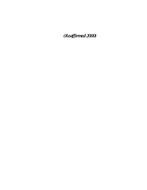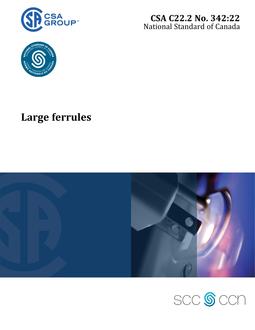Click here to purchase
1. Scope
1.1
This Standard applies to swinging door systems (with or without glazing inserts), with or without sidelites/transoms, that are intended for exterior installation in commercial or residential buildings. The Standard includes steel doors (insulated and uninsulated), composite doors, wood doors, and stile-an d-rail doors.
1.2
This Standard specifies both testing and calculation methods for establishing the following door thermal properties for both residential and commercial applications: (a),,overall heat transmission coefficient (U-value); and (b),,solar heat gain coefficient (F). The door thermal properties are established for specific indoor and outdoor conditions. These properties will not be constant under actual conditions. Nevertheless, the values obtained by the methods specified are considered to provide an acceptable basis for comparing performance in use.
1.3
This Standard specifies a method for determining an energy performance rating (ER value) for doors under heating conditions in residential applications that come under Part 9 of the National Building Code of Canada (NBCC). The energy rating equation includes factors for solar heat gain, heat loss by transmission, and heat loss by air leakage. The energy rating calc ulation assumes installation in a typical residence and is based on average conditions for solar radiation incident on doors facing the four cardinal compass directions and representative climate zones in Canada.,, The energy rating provides a method for comparing different door products on the basis of their effect on the annual energy supplied by the house heating system.,,CSA Special Publication A440.3 (the User Guide to CSA Standard A440.2) provides data and instructions for determining ER values for specific locations, orientations, and door sizes (ERS). It also provides advice on how to use these ERS values to determine the approximate increase or decrease in seasonal energy use associated with doors.
1.4
The following were not considered in the preparation of this Standard: (a) overhead doors; (b) revolving doors; (c) sliding doors; (d) doors intended for interior use only; (e) windows (ie, glazing units mounted directly in a frame without a slab) intended for installation beside or above a door system (see CSA Standard A440.2); and (f) storm doors, but the procedure could be applied to include their effects (see Appendix C).
1.5
This Standard does not address the ability of doors to retain air tightness over time under conditions of use.
Product Details
- Published:
- 02/19/2000
- Number of Pages:
- 40
- File Size:
- 1 file , 1.8 MB


